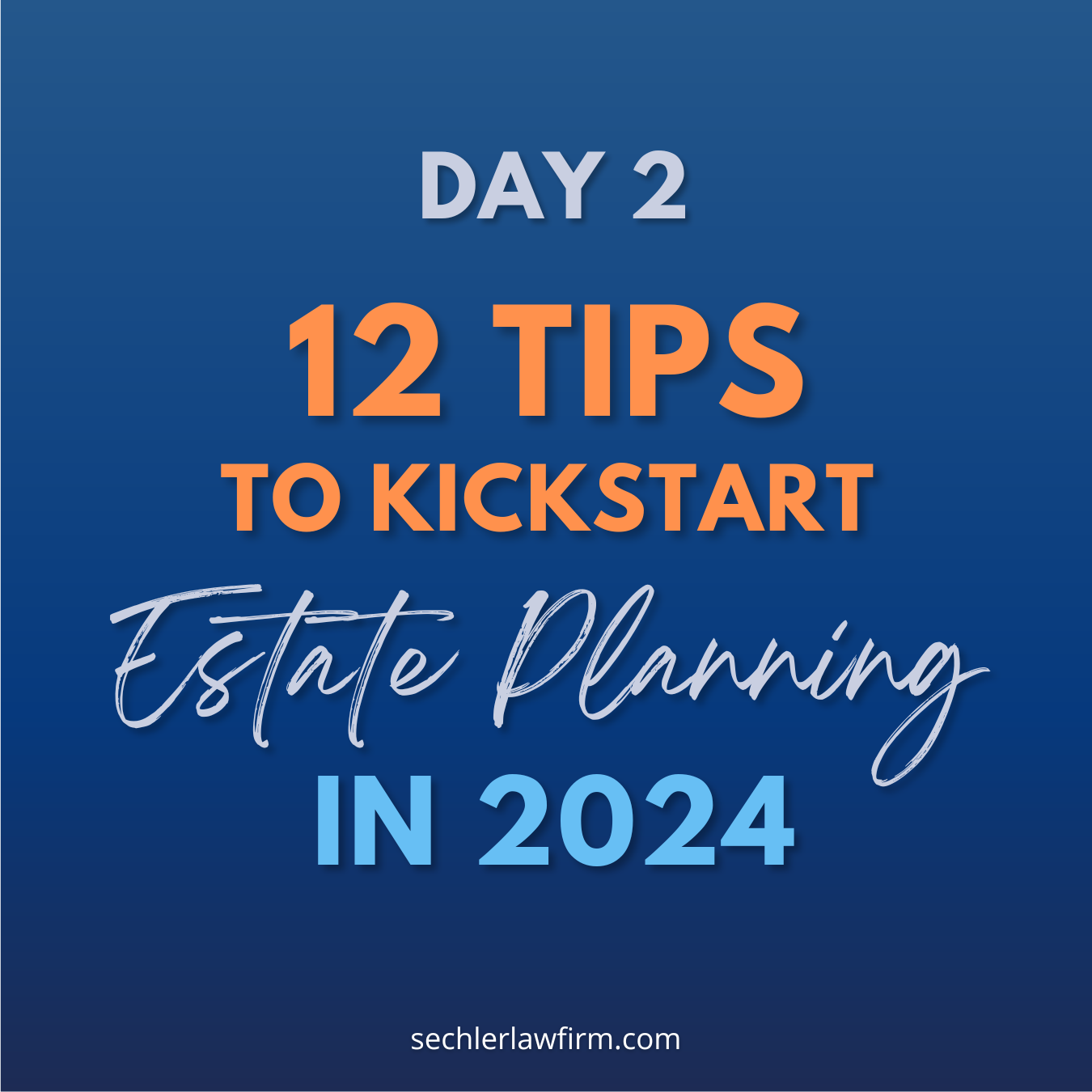Hopefully you got a chance to read the first part of the ’12 Tips to Kickstart your Estate Planning’ blog yesterday, so let’s look at the next 4 Tips…
#5 – Healthcare Decision Making
Have you told your family where you want to live in your senior years? Do your loved ones know what your end of life decisions are? It is important to share this with your family, because if you are in an accident, and your family don’t know what your wishes are, they won’t know whether you want to receive end of life care. They also won’t know whether you would like to be buried or cremated. Not having a health care directive is a mistake.
We urge you to use a document that governs end of life decisions, called an Advanced Directive. This document stipulates who will make the decisions if you are unable to. It used to be the case that the wording in the document alluded to the fact that, “the agent shall follow my instructions”. Essentially you would make your own end of life decisions and you would ask your child or ‘agent’ to communicate them to the doctor.
However, with the COVID pandemic and so many people who were sick in 2020, many of those with advanced directives, had instructions prohibiting the use of ventilators. When people signed these documents, they didn’t know there would be a worldwide respiratory pandemic. It is for this reason that I believe in having some flexibility regarding the wording in these Advanced Directives. I now suggest people use the wording “My agent may use these instructions as a guide, but can override my desires.” This is a practical approach because if family members are making the decisions, they are going to be in a better position to understand the situation. They would certainly act in the best interest of their loved one who is incapacitated, to follow their wishes.
#6 – People Don’t Want to go to the Nursing Home
I hear this so often from people who tell me that they will live in their home forever, and will never go to a nursing home. They believe their daughter will take care of them if they have healthcare issues. While I appreciate the sentiment, it seems that nursing homes are full of people who never wanted to go to a nursing home. The reality is that even if you have a daughter living next door who has time to take care of you, it doesn’t make her a nurse or a physical therapist. It is difficult to accept, but one’s health care needs dictate where you will live.
#7 – You Need To Be Open to Various Care Options
While you want to stay in your home as long as possible, which most people do, you need to have a plan B. Failing to plan for another option, can result in a catastrophic financial failure if you need care in a nursing home, but you have to go broke before getting help. You need to have a conversation with your family about where you will likely receive your care and keep an open mind about your options.
#8 – Beware of Doing Kitchen Table Planning
There’s this concept of kitchen table planning, when the family gets together for the evening meal to concoct what will be their estate plan. It so often happens that families decide that they are going to give everything to their kids. They want to put their kid’s name on the accounts and their house, to avoid all the government tax. Unfortunately, the government knows you can’t put your kid’s name on stuff to keep it safe. Putting the stuff in your kid’s name may avoid one problem, but you will unintentionally subject yourself to another problem.
Saving money to avoid paying long term care expenses, could result in you making a $50,000 tax mistake. You have worked your whole life to accumulate some money, a house, and you have a family, but you think it is a good idea to do your own estate plan. Most people don’t even do DIY when remodeling their bathrooms, so doing complicated estate planning with taxes and other headaches, is a mistake. You really need to hire a professional to help you.
Let us at Sechler Law Firm help you to create the best estate plan for you. We highly recommend that you come to one of our Three Secrets Workshops, which you can register for on our website.
Tomorrow we will feature the last 4 tips in our next blog article, so look out for it…









